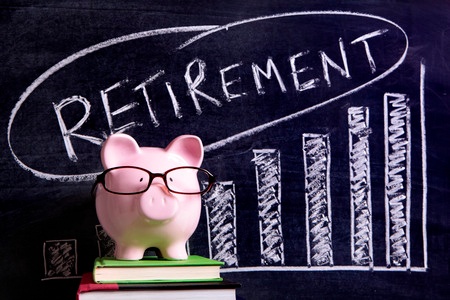
To rent or to own is one of the biggest decisions that retirees face. Recently, industry experts have observed a decline in the share of homeowners between the ages of 55 and 64, but that does not mean renting is necessarily the right option for you. In fact, the decision basically comes down to your own priorities. Check out our list of pros and cons of homeownership and renting when you retire to help make your decision a little easier.
Owning a home when you retire
Pros: Once you’ve owned a home for years, it’s completely normal to become emotionally attached to the property. Apart from that emotional element of calling somewhere “home”, homeownership comes with a wide array of benefits, including:
- Any equity built on your home can become a source of income for you. As long as you continue to make your mortgage payments on time, you can use your home to take out a line of credit when you need some extra cash—but remember, this process essentially works like a credit card. You will have to pay off the line of credit when you sell the house.
- You won’t have to worry about rent fluctuations. Although costs like maintenance and property taxes may fluctuate slightly, you will know exactly what you’ll be paying with a fixed mortgage. Mortgage payments may not even be an issue for you, as nearly 70 percent of U.S. homeowners go into retirement mortgage-free.
- Constantly moving won’t be a hassle. If you’re planning on staying in one place for an extended period of time, then homeownership could be your answer. Moving won’t be a constant headache and your home’s value could continue to build throughout the time you live there.
- You will have ownership of a valuable asset. Owning land is real estate’s most valuable asset. When you list your assets for inheritance planning, make sure you count your property; it could be worth a lot more than you think.
Cons: Although owning a home offers many benefits for the homeowner, there are some downsides to owning during retirement. Here’s why:
- You won’t have a landlord to cover your maintenance costs. According to USA Today, “the average homeowner spends anywhere from 1 to 4 percent of his or her home’s value on annual upkeep.” Of course, the amount you spend could also depend on where you live.
- You’ll always have property taxes and homeowners’ insurance to pay. Whether or not you’ve paid off your mortgage, these two types of costs will always remain. This does not necessarily mean that homeownership is more expensive than renting, however.
Renting a home when you retire
Pros: Homeownership is not for everyone after retirement. In fact, here are a couple reasons why you might favor renting:
- Housing costs are limited to rent and utilities. In some cases, you may also have to pay sewage, cable, and Internet. Ask your landlord what additional costs you should expect to pay when your rent is due.
- You can relocate as you please. Once your lease is up, you’re free to move without the hassle of selling a home.
Cons: Although renting has several perks for retirees, there are a couple drawbacks to opting out of homeownership, including:
- Your residence won’t build equity. Unlike with mortgage payments, paying your rent will solely be that: an expense. You won’t have the opportunity to build equity on the property.
- Your rent could increase when your lease expires. If you decide to renew your lease, you may be subject to an increase in rent. Of course, you could also compare local prices and move somewhere new if needed.
- You have to depend on your landlord for any and all repairs. Although you have the luxury of not paying for most maintenance projects, you won’t have a say in the timing of your home’s repairs. This is true for all renters, however, not only retirees.
- Renting is more expensive in some locations. Depending on where you’re looking to live, rent could actually be significantly more expensive than buying. Make sure to compare market prices before you decide which option is more economically feasible for you.
If you’re still asking yourself, “should you own or rent a home when you retire,” or you’d like to know more about either housing option, contact one of our mortgage specialists today.


